Killing of journalists as the cheapest form of censorship
Friday, 13.11.2015.
09:30

Killing of journalists as the cheapest form of censorship
When we look at the number of resolved crimes against journalists, it turns out that in more than 90 percent of murder cases, those killings are left unresolved, which keeps the executioners safe while the killing of journalist becomes one of the cheapest form of establishing censorship, along with blocking investigative journalism, preventing distribution of progressive ideas and opening the space for debate, etc.Inspired by UNESCO activities and by adoption of the Resolution of the UN General Assembly, as well as proclaiming November 2 for the International Day to end Impunity, here in Serbia we had done a lot with respect to ending impunity for crimes against journalists.
Namely, we had launched the campaign of direct intervention as in Serbia we had three unresolved killings of journalists. I had initiated establishment of the Commission that would deal with investigations and we had succeeded to exert pressure on the Serbian Government to establish Commission for investigating the killings of journalists composed of members from the police, secret service and journalistic associations. In the capacity of its Chairman, I have dominant role in the work of this Commission. The investigations on these three cases are reopened and ongoing. In one case, we had reached the status of indictment being brought against perpetrators and launch of court trial is in effect for the most famous murder. For the other case that took place back in 1994, the killing of Dada Vujasinovic, that has until recently been treated as suicide, we had reopened the investigation, and superexpertise is being currently conducted by the Netherlands National Forensic Institute in Hague, as we asked for neutral expertise. In the third case, the case of killing journalist Milan Pantic, nine members of the police and security agency conducted thorough investigation. Of course, this is all done in line with the relevant State Prosecutor’s Office.
I underline the importance of investigating the killing of 16 media staffers of Serbian state broadcaster Radio Television Serbia, both when it comes to a decision-making of launching air raid without the approval of the UN Security Council, as well as when it comes to the responsibility of those that hadn't acted in accordance with the commitment of evacuating employees, despite the information on the potential bombing. However, we faced with the lack of cooperation on the part of NATO, when it comes to the information on decision making process of proclaiming RTS, which was a precedent, for a legitimate bombing target.
Unresolved killings only encourage violence against journalists and media workers, thus blocking freedom of speech, especially investigating journalism and its disclosure of organized crimes, corruption and war crimes. Killings and violence are the usual aftermaths of conflicts in certain regions, while organized crime had become multinational, so close cooperation among two and more states is necessary in order to resolve certain cases. However, we are often faced with obstructions of investigations on the part of some of the states that refuse to conduct hearings, and testimonies of the suspects, or of those who are believed to possess certain findings. For the sake of example, German Ministry of Justice and German Ministry of Interior do not allow Serbian prosecutor and police to conduct a hearing of one German citizen that was linked with the killing of Serbian journalist. This Serbian citizen resides in Germany under different name, he has been located but we cannot establish cooperation with Germany for two years now. Those are not the examples of good practice when it comes to global need to strongly oppose impunity for the crimes against journalists. This kind of inter-state cooperation has to be established as journalists often experience violence in the foreign countries, not only in the country of their residence.
Along with opening old investigations and trying to resolve old cases, it is of utmost importance to react in real time, immediately after the crimes took place. For example, nowadays we are faced with lots of crimes against journalists in Ukraine, yet I am under impression that those crimes are not covered enough in the media, neither I see the convincing investigations of those crimes. For the sake of giving example, I also want to mention Kosovo where at least seven cases of journalists gone missing and killed had taken place during and after the air raids on Serbia and their fate still remains unresolved. That is why I urge United Nations to establish an operational body that will help under such circumstances. This body should establish international commissions that would be responsible for gathering information, initiating investigations, thus strengthening front against impunity. This body would also assist national commissions and institutions that deal with crimes, exchange of experience, legal and political support, etc., given that great efforts are needed in order to bring unresolved cases to court trials, leading to eventual indictments.
Serbian Commission is being used as a role model in Montenegro where we have one unresolved killing of journalist and one grave violence, while one journalist is under constant police protection. I offer consultant services to this Commission in front of OSCE. I am confident that this Commission will also find a proper way to reopen investigation. More information on our activities are available in the CPJ 2014 report on the following link: https://cpj.org/reports/road_to_justice2014-english.pdf. The fourth chapter concerning Serbia is entitled „The Road to Justice: Justice Revisited in Serbia“ – A New Start on Old Murders in Serbia (Pages 26-27). There is also Index on Censorship report available at:
https://www.indexoncensorship.org/2014/11/impunity-attacks-free-expression/. I believe that this could be also a role model that UNESCO will promote when it comes to ending impunity for the crimes against journalists. I am myself under 24/7 police protection for five years now. In partnership with Saatchi&Saatchi Belgrade, Serbian Commission implemented a campaign entitled “Chronicles of Threats“, the campaign combating violence against journalists for which we had been awarded Bronze Lion on the Cannes Lions Festival.
As for statistical data, 2014 has been marked by an extreme level of violence towards journalists all around he world, including carefully staged threats and beheadings. 71 journalists were killed in 2014, especially in Syria, Palestine, Ukraine, Iraq and Libya. 119 journalists were kidnapped in 2014, a 30% increase from 2013’s figures, especially local journalists in Ukraine, Libya, Syria, Iraq and Mexico. Since the start of 2015, 48 journalists have been killed across the globe (8 in France, 6 in South Sudan, 5 in Yemen, 5 in Iraq, 5 in Syria, 3 in Mexico, 3 in Brazil). Despite this bleak data, the 2015 World Press Freedom Index highlights a deterioration in freedom of information across the globe. Two-thirds of the 180 countries surveyed performed worse than in the previous year. The decline affected all continents.
For all the above mentioned, I find it so significant that today Reporters Sans Frontiers (RSF) launched initiative that UN should appoint Special Representative for the Safety of Journalists. I strongly advocate institutionalization of journalists' safety through appointing Special Representative to the UN Secretary General for the Safety of Journalists, but also through similar institutions within European Commission. The states should make strong commitment to open up processes of resolving all unresolved cases of killings and serious violence against journalists. Moreover, it is of utmost importance to use this momentum of appointing Special Representative to the UN Secretary General for the safety of journalists for establishing institutions similar to Ombudsman on the national level that will treat the issues of journalists' safety, having broadest authorities and the role of linking all institutions that should guarantee safety of press freedom, media and, of course, journalists, in order to secure successful prevention, swift reactions in case of violence against journalists, followed by more efficient investigations and, eventually, ending up with court trials.















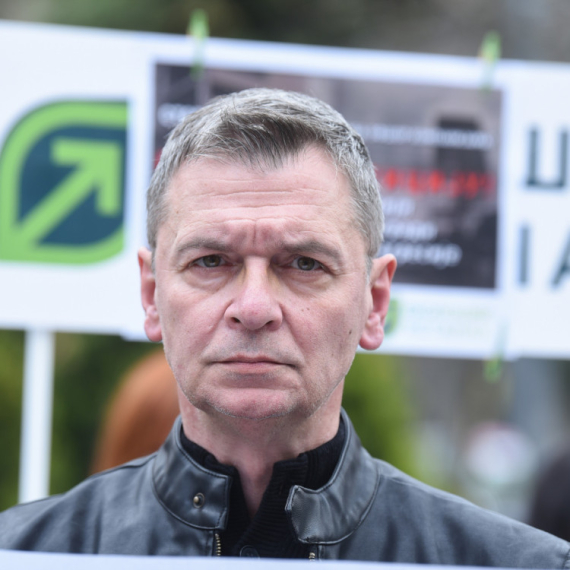
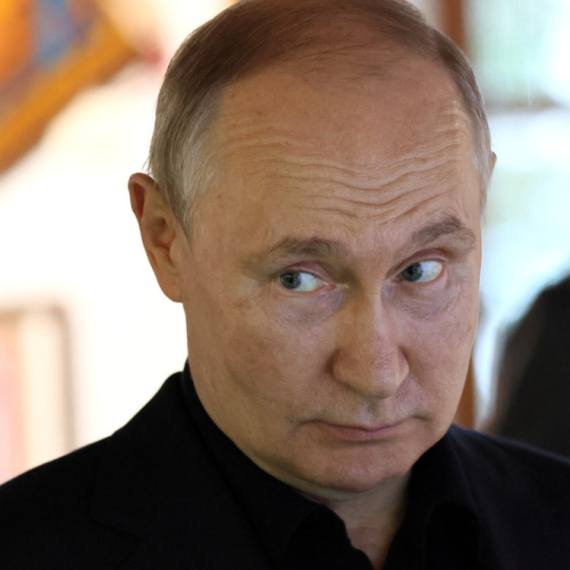



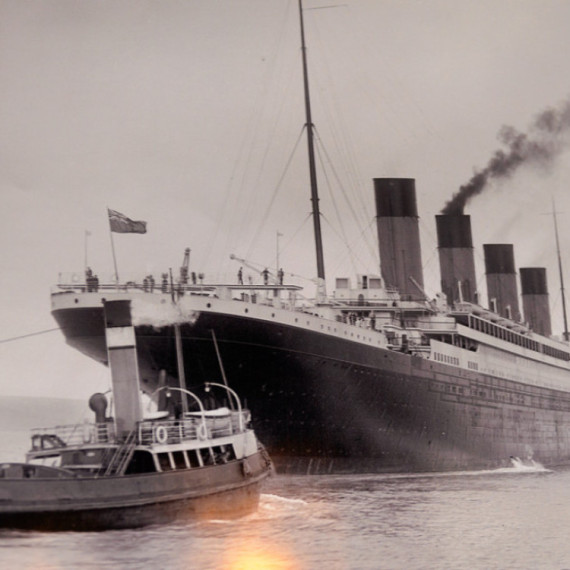

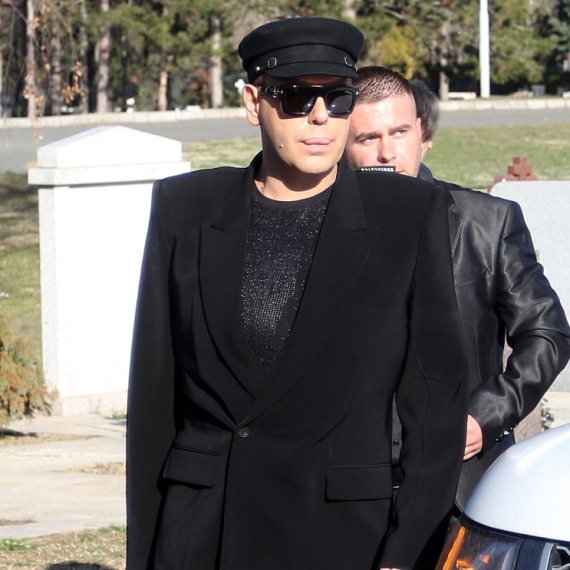

































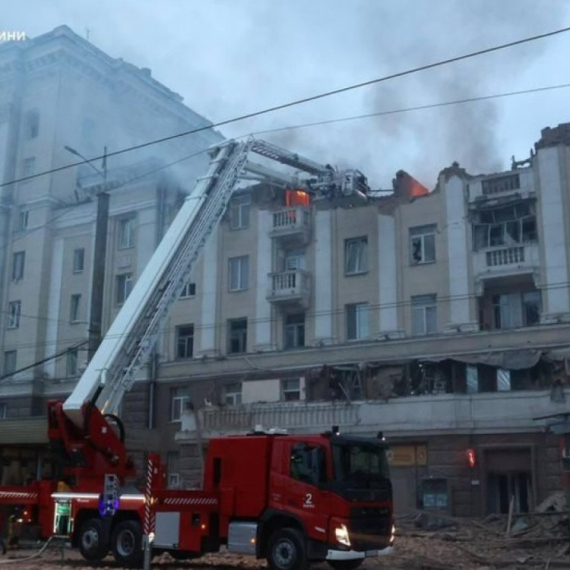

Komentari 2
Pogledaj komentare